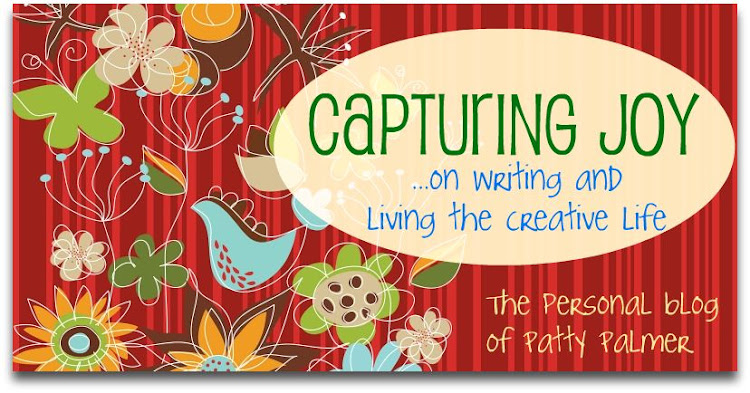
I've been busy massacring the first draft of my YA novel. Literally deleting, changing, rearranging and rewriting the entire story. Since I only had 20K words written so far, it really wasn't too tragic.
I've been submitting it to my critique group for the last few months. I've gotten a variety of comments that made it clear to me that I had NO IDEA what my character wanted. I'd been taking the organic approach to writing the first draft. Of course, this method is great but only if you have one thing understood. Internal motivation. This differs from External motivation. This is the sequence of events that make up the plot. But I shouldn't try and explain. I'm terrible at that. I'll leave that to someone who really knows what she's talking about.
Robin LaFevers has been posting on this for a few weeks now and in my opinion, speaks very well on the subject. Check out her generous lessons and you'll know what I'm talking about.
 The internal conflict has to be clear. When writing Greenwood Girls, I knew I wanted to write about a gymnast who attends a boarding school that trains Olympic caliber athletes. I knew her mom had attended the same school years before and I knew the road to becoming a champion was going to be tough.
The internal conflict has to be clear. When writing Greenwood Girls, I knew I wanted to write about a gymnast who attends a boarding school that trains Olympic caliber athletes. I knew her mom had attended the same school years before and I knew the road to becoming a champion was going to be tough.It seemed that was all that was needed to fuel my first draft. And it was. I wrote 220 pages of what I thought was fantastic stuff. It had a slew of interesting characters specializing in different sports. The story offered a peek into the world of competitive gymnastics, boarding school life and homesickness. To amp up the conflict, I added a mysterious journal, a secret society and a tragic cover-up. But it wasn't enough.
To really make the story matter to the reader, I had to fully understand what it was that my main character wanted. Her internal goals, motivation and conflict needed to be as important as the external conflict.
As a writer, I'm understanding this more and more. Dree, the main character in Greenwood Girls, desires to become a champion. This is fueled by her desire to be like her late mother, to carry on her legacy of greatness. In the end, Dree realizes that she needs to want it for herself but everything she does up to this point is fueled by her desire to ensure that her mother's legacy lives on.
In my new YA, I've had to really think about what Ainsley wants. What fuels her to do the things she does? She can't be passive in the story, letting events unfold around her. She has to cause them to happen based on what is burring inside her. This hasn't been easy. I've tried a few different scenarios and deleted each one. I might have found a compelling one but we'll see how it pans out.
Have you found your protagonist's internal G/M/C? Do you struggle with it?

Hey Patty, I find it but let it slip away. Then I find it again, and, again, it will slip. I need to write it in 200 point font and slap it above the monitor so it always stays with me.
ReplyDeleteI find it depends partly on the story. I have a tendency to make my characters passive - letting them react to events - instead of making them more proactive.
ReplyDeleteGood luck with your revisions. I'm looking forward to seeing them.
PJ: That's actually a pretty good idea! Maybe I need to stick it in front of me to keep me focused. I get so side tracked.
ReplyDeleteChristine: You're probably right but I think we need a hint of what drives a character in order for us to care. Although I really liked DaVinci Code despite what the literary world said!
My characters start with one Internal motivation and end up with another. I try and get as clear about both before I set out on a novel, but of course, best laid plans...I am an "organic" writer too and discover things that surprise me along the way:) Good luck and keep up the great writing Patty!
ReplyDeleteLaura: Boy, I hear what you're saying! I love being surprised with what my character does.
ReplyDeleteSO good to see you yesterday. Thanks for calling on the way through.
Patty, I'm doing the same degree of rewrite, so it's good to know I'm not the only one struggling!
ReplyDeleteSarah: No. You're in good company. I can't tell you how many drafts of my first novel I had done. My second isn't going to be much better. It seems so simple, doesn't it? Just when you think it sounds great, you re-read and wonder what the hell you were thinking!
ReplyDelete